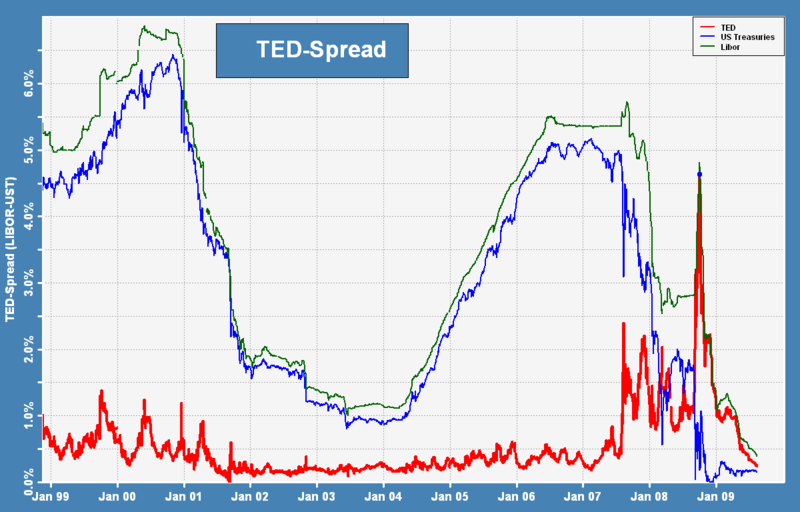No, we didn't need TARP.
The fact that the banks were able to rapidly repay TARP is an indicator that there was no real crises to begin with, or at least not to the extent that they would have all failed at one time. It was an accounting snafu just as much as it was anything else. Accounting procedures have nothing to do with profit or loss or even short term or long term viability.
In the years before the crises, mortgages were selling at crazy prices (that could never be economically justified). Bankers wanted their P&L's to show as much profit as possible because they could then justify their huge salaries along with huge bonuses, and at the same time drive up the price of the companies stock. So bankers used the stupid mark to market accounting rule to over value any mortgages that they held, which had the result of temporarily creating huge paper profits. The bankers then looted the company financially by taking huge salaries and bonuses justifying it by claiming that they had made the company so much money. The profits were vapor, they never truly existed. But the money that the bankers took out of the company was very real.
When the value of those mortgages drifted downward, that was reflected in the P&L of the banks. Suddenly, it looked as though they were loosing money like crazy. In reality, much of money that they were loosing were the same "profits" that never truly existed to begin with. True profits and true losses only exist when a financial transaction is consummated. That's the reason why you don't have to pay income tax on the "profit" that you make each year from your house going up in value or from your stock holdings going up in value. Banks have their own special set of accounting rules, very different than the real life rules that individuals have to obey.
Someone alluded to the claim that the financial stability of the banks improved when the mark to mark accounting rule was modified. Once again, their financial stability did not change, only stupid accounting rules changed. Changing that rule did in no way effect the TRUE long term or short term profitability of the bank. Ones financial position never truly changes just because one alters their accounting procedure. I would think that after the mark to market rule changed, that banks were likely to have been required to go back a number of years and restate their P&Ls. If they did (I have no idea if they did or not), they would have had to reduce their stated profits during years that they showed huge (false) profits - but at that point it was too late for investors in the banks, you cant make after the fact trading decisions, and the bankers had already looted the vaults.
Mark to mark accounting was just a really bad idea. That one little rule is what motivated bankers to make loans that they KNEW were bad loans, and the corruption created by mark to market accounting is probably 95% the cause of our banking "crises". If bankers did what they did without mark to market accounting being required, many of them would be in jail today. Unfortunately since mark to market was required, we can not prosecute banking executives for the crimes they willingly and knowingly committed.
Now back to TARP. If we had modified the mark to market accounting rule earlier, we would have had no need for TARP. The reality is that we had no need for TARP anyway, banks still had money to pay employees, and banks still had money to cover checks. the only potential problem would have been a possible 1929 style "run" on the banks, but the FDIC has procedures in place to reduce the likelihood of such and procedures to handle it if it did happen. Most people's money was fully insured by the FDIC, even if the bank did not have enough cash to deal with the run, the banks would have just taken a "banking holiday" while the FDIC prepared to step in and liquidate bank holdings to reimburse depositors.
What's the worst thing that could have happened if a few of the banks eventually folded? Other banks or private investors would have purchased their holdings. There would have still been plenty of banks in business that would love to have the publics business. Truthfully, the worst thing that would have happened is a few of our financial elite would have been out of a job. But then again, would that have been a bad thing? They are the ones who created the mess to begin with, so they should have been the ones to have lost their jobs. Our government created TARP to save the arses of elite corrupt bankers.
No, TARP was not justified.

